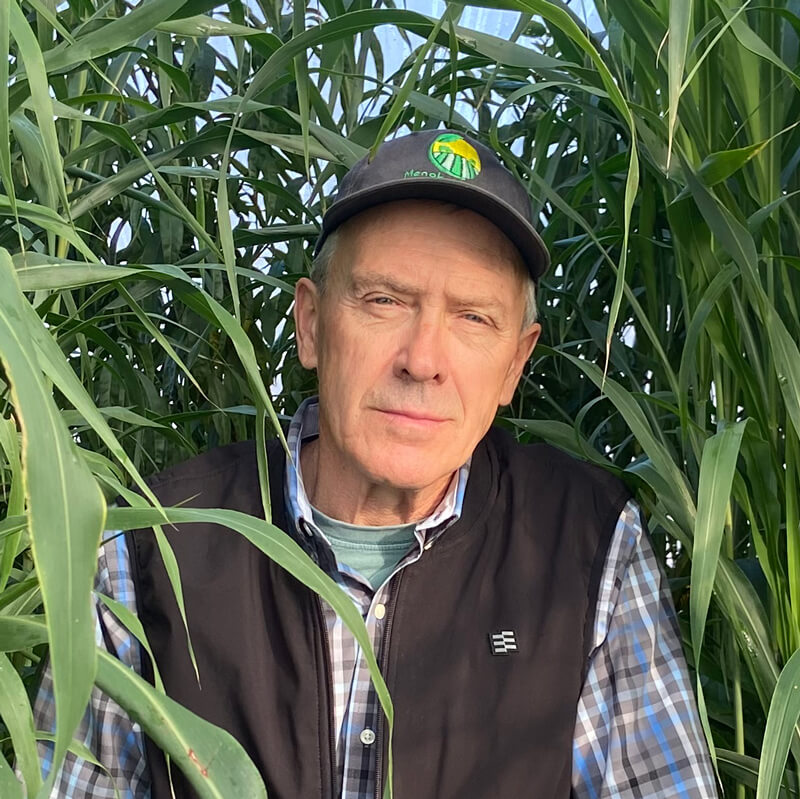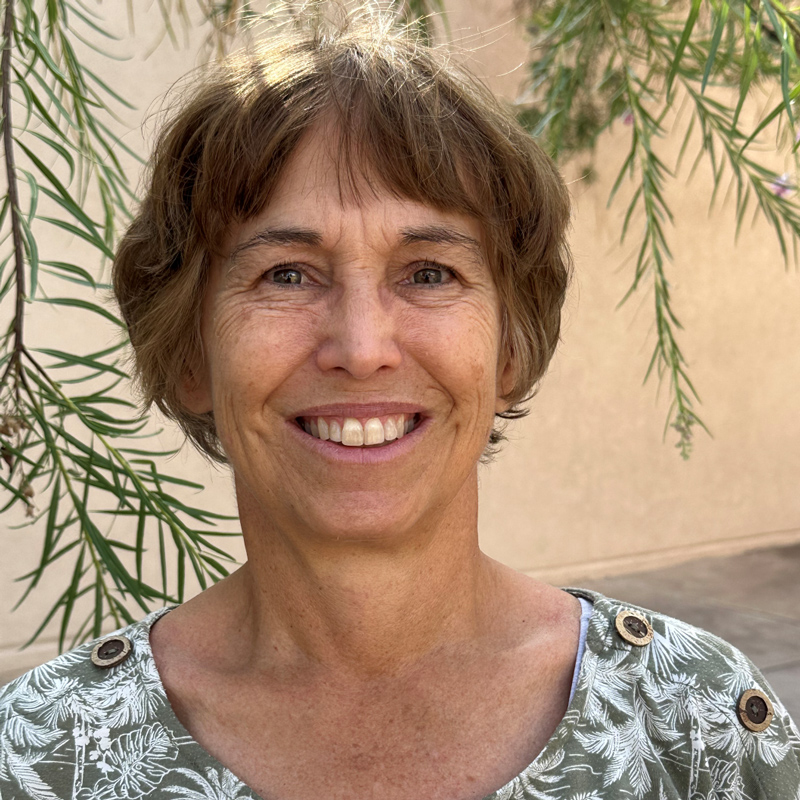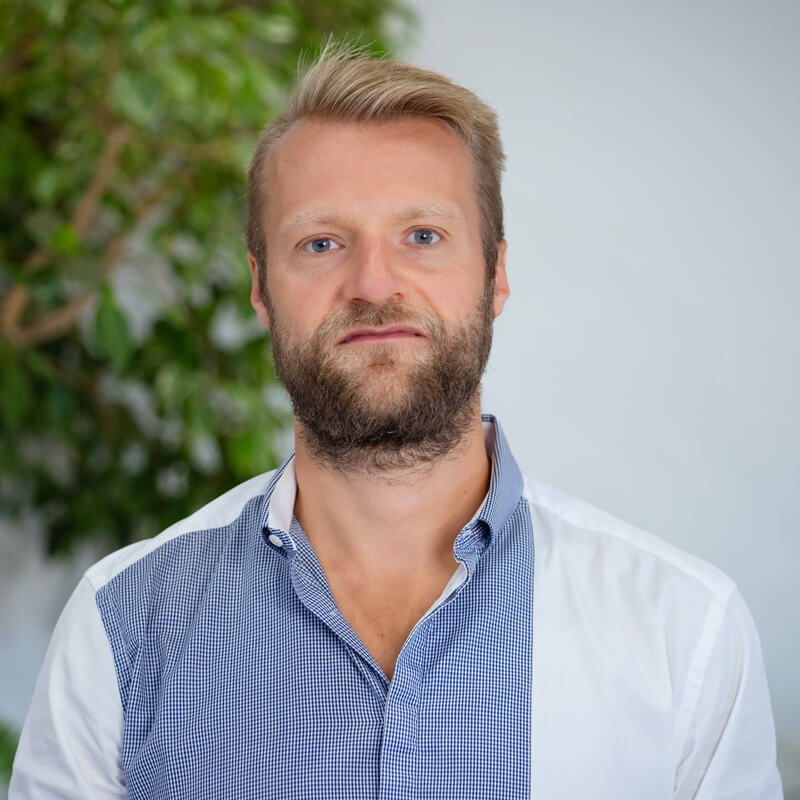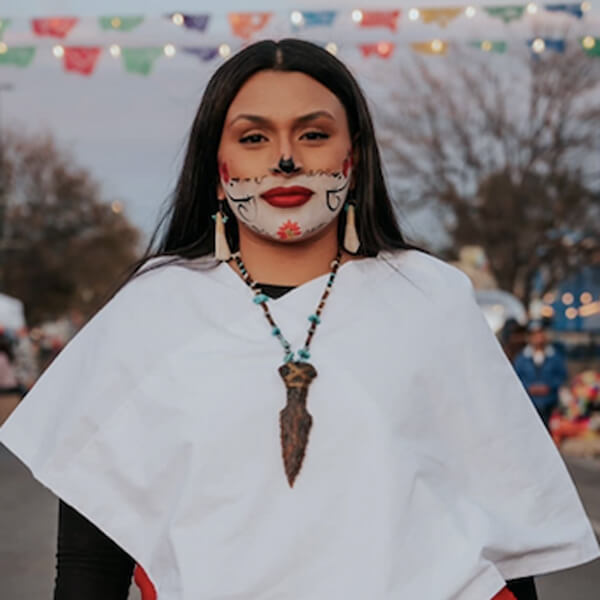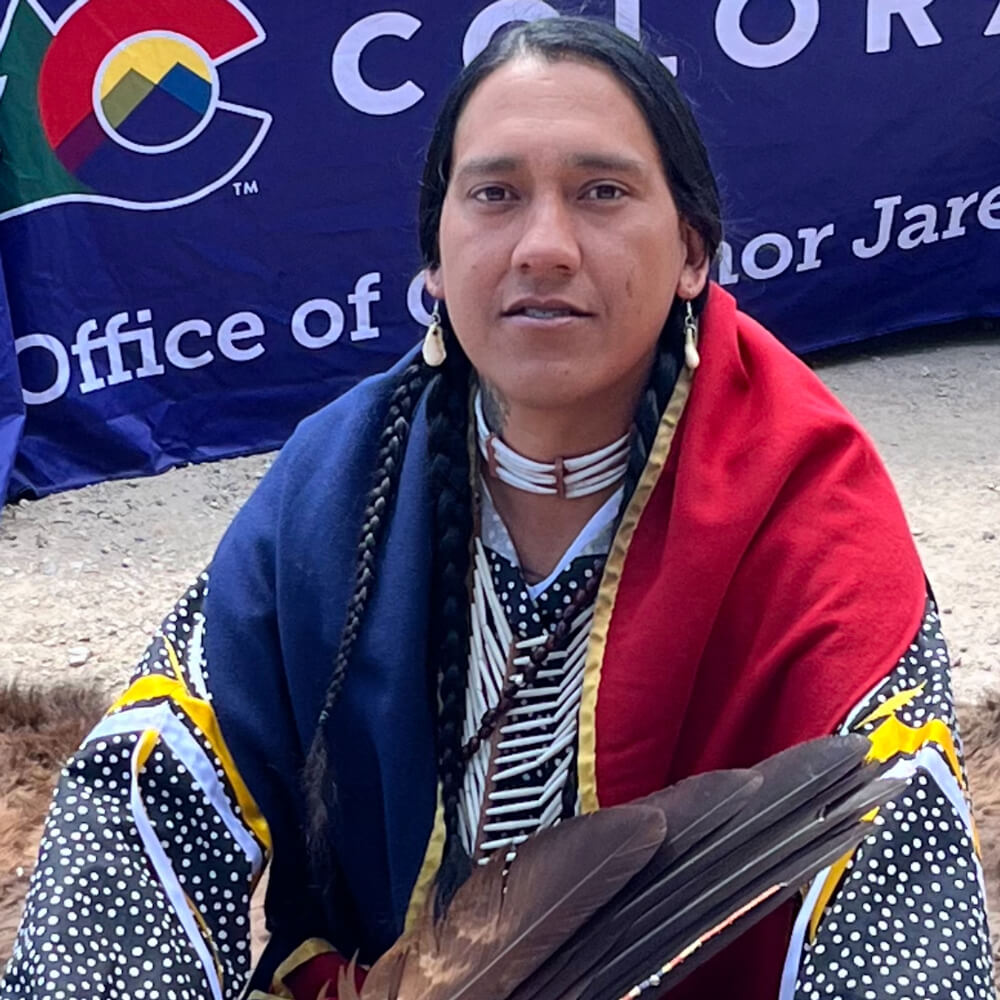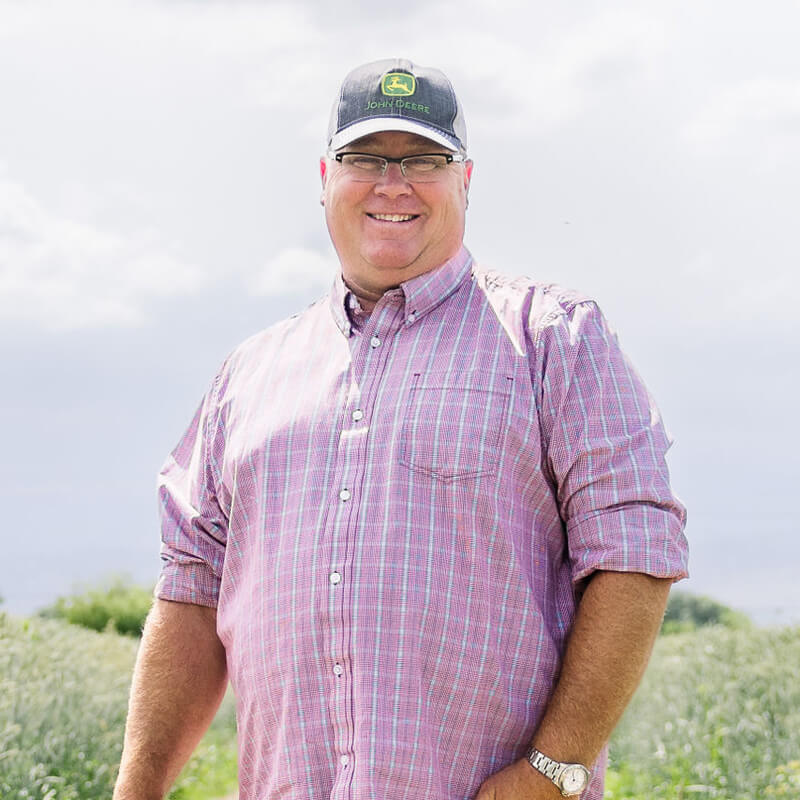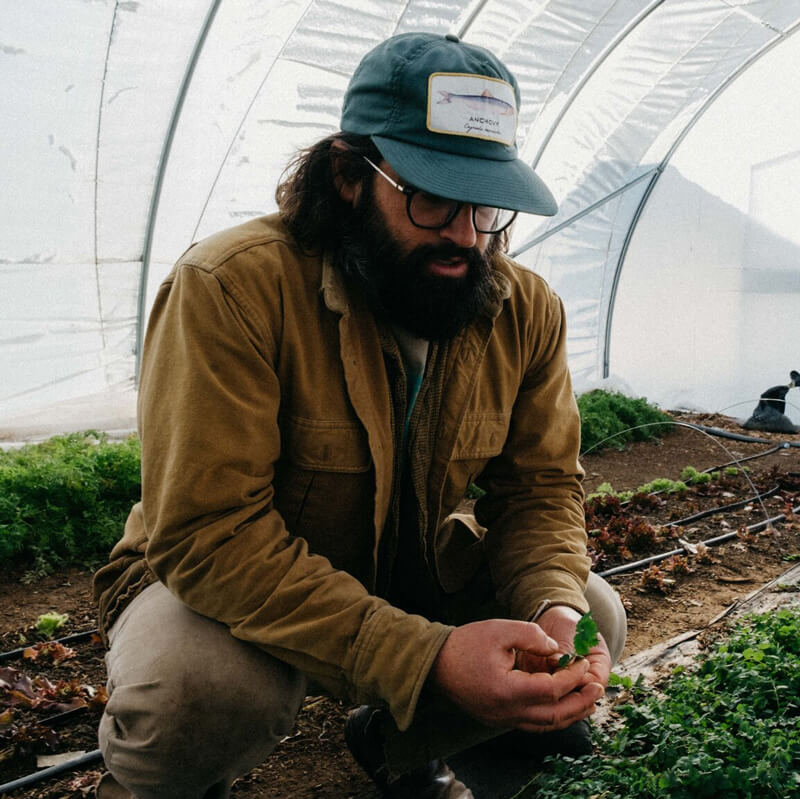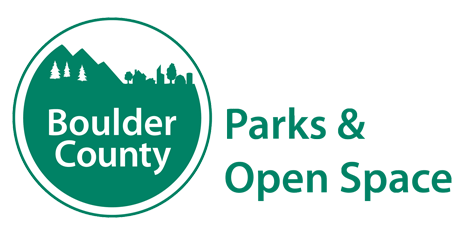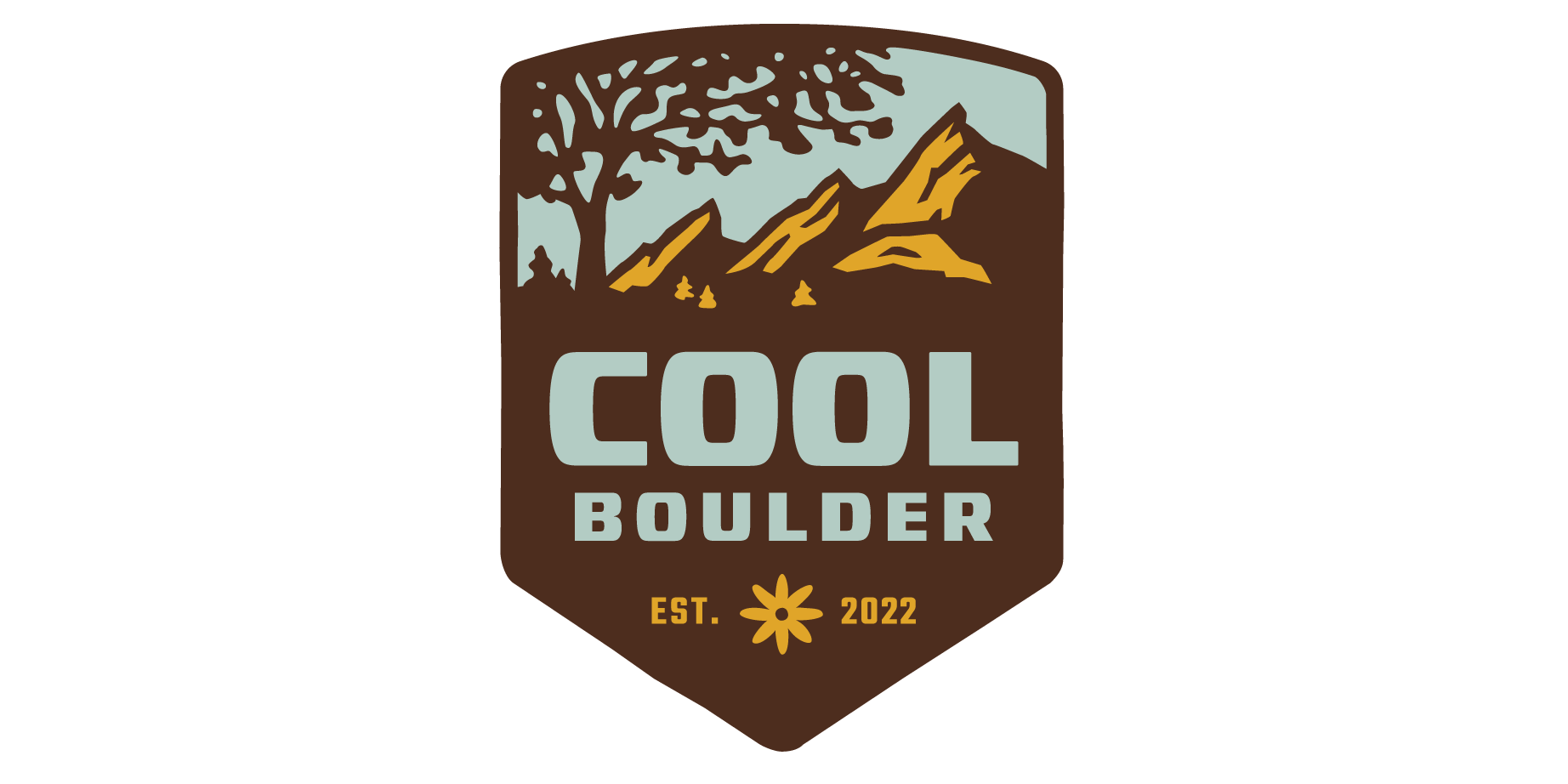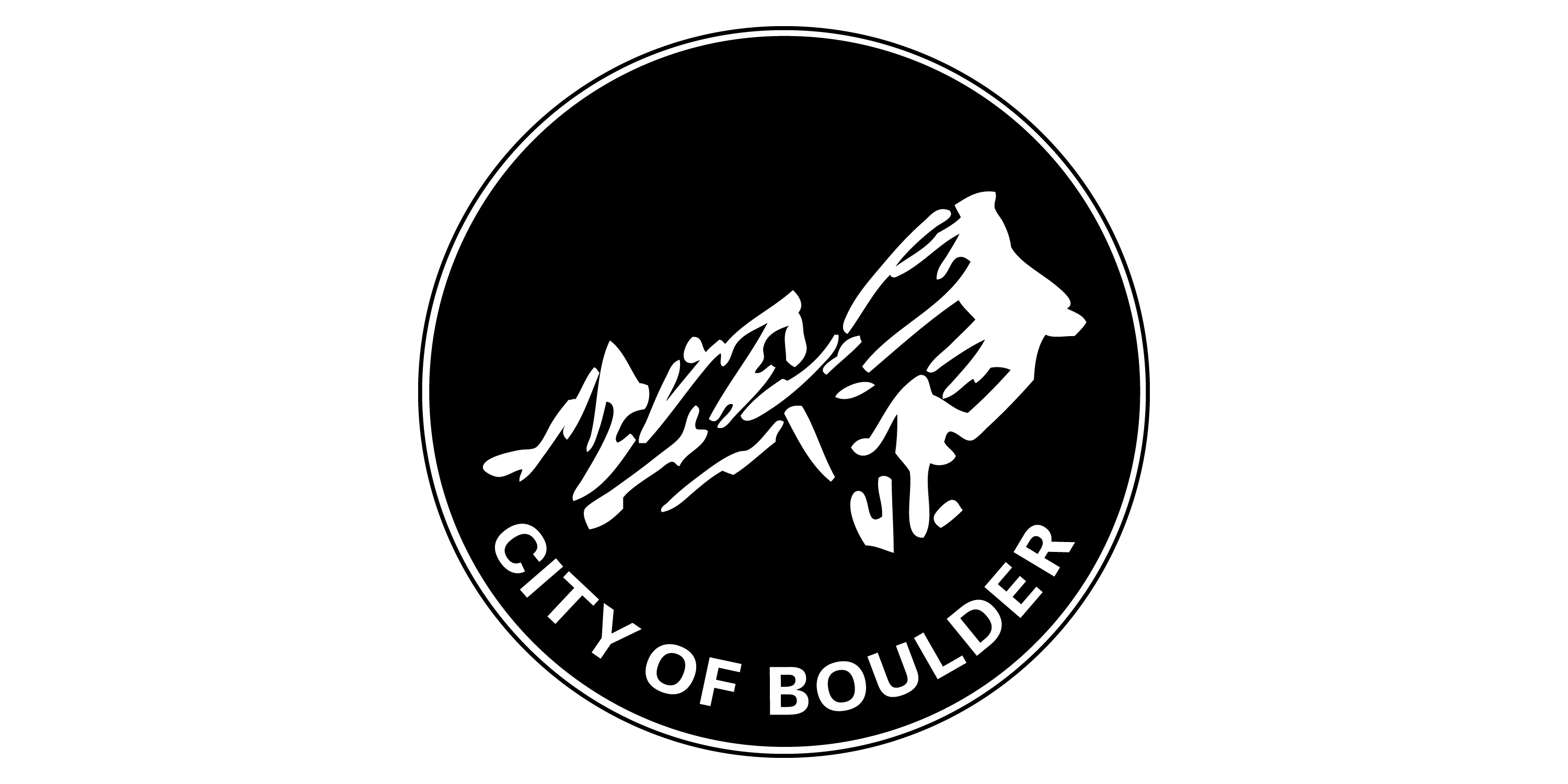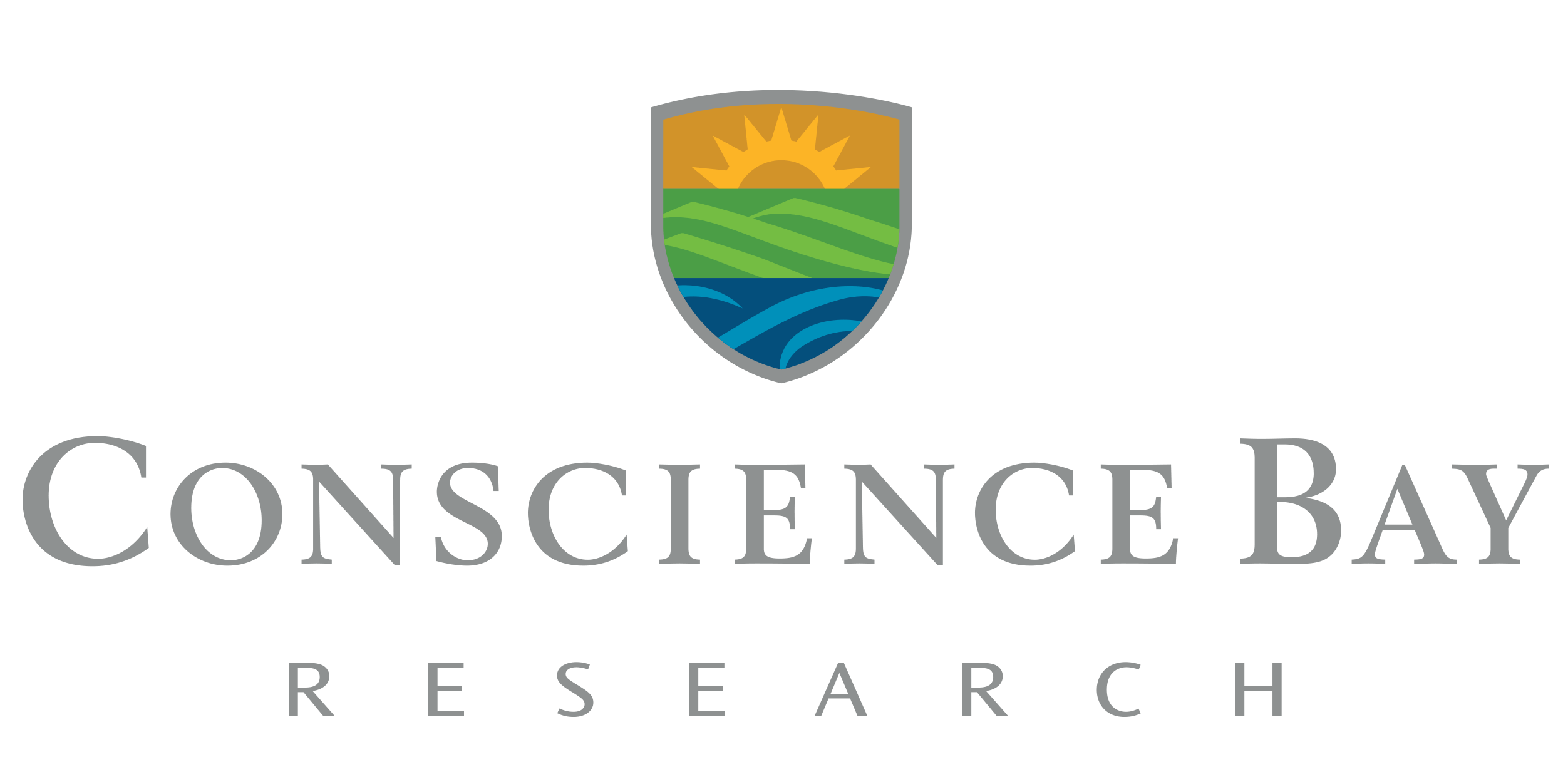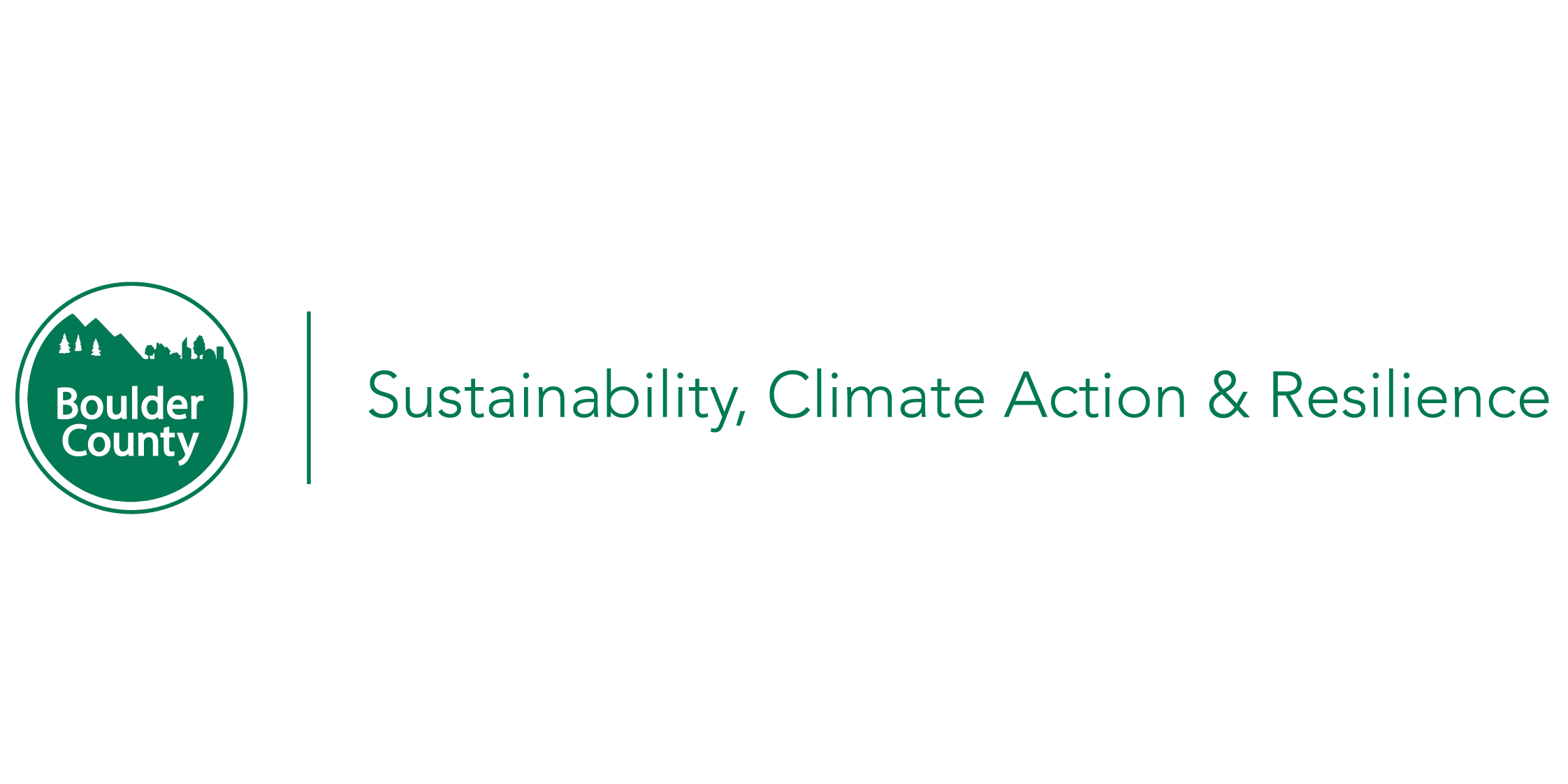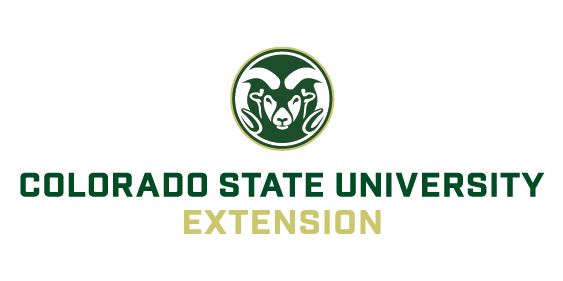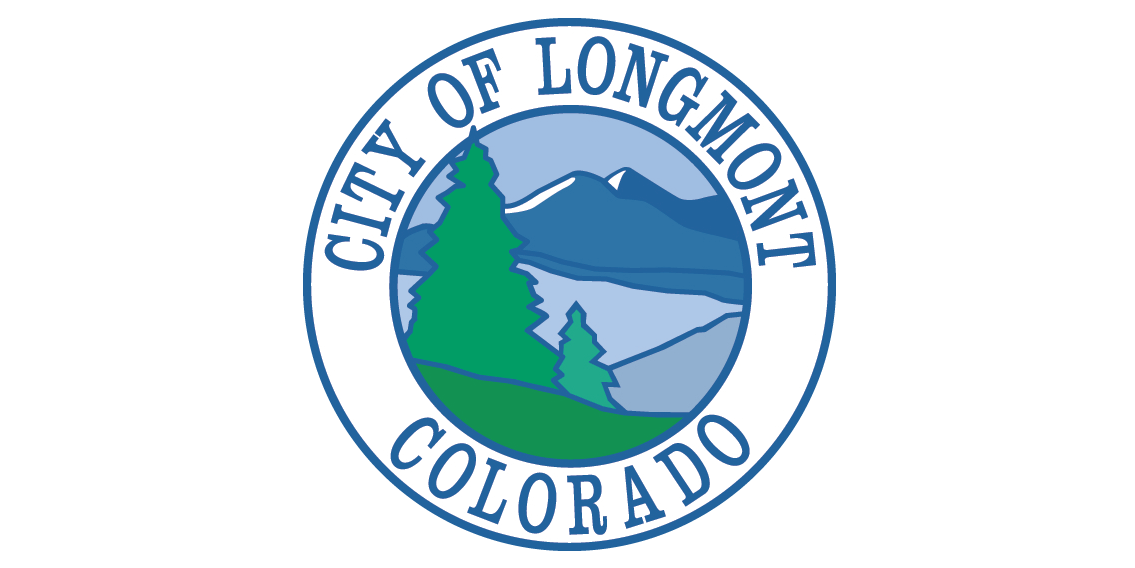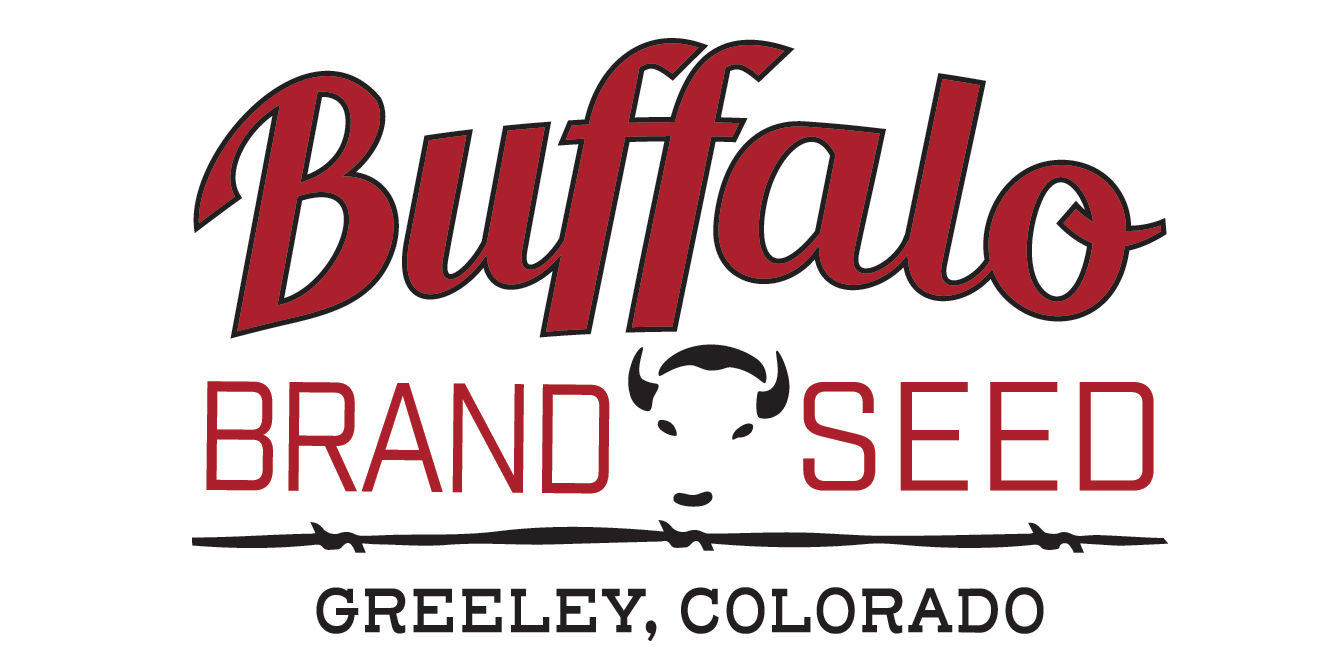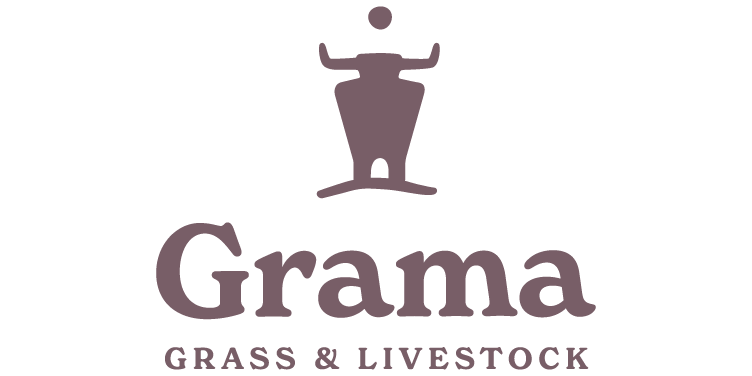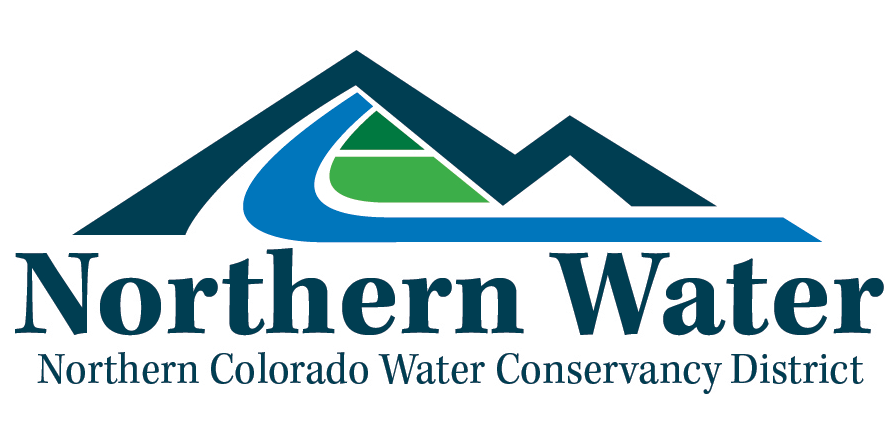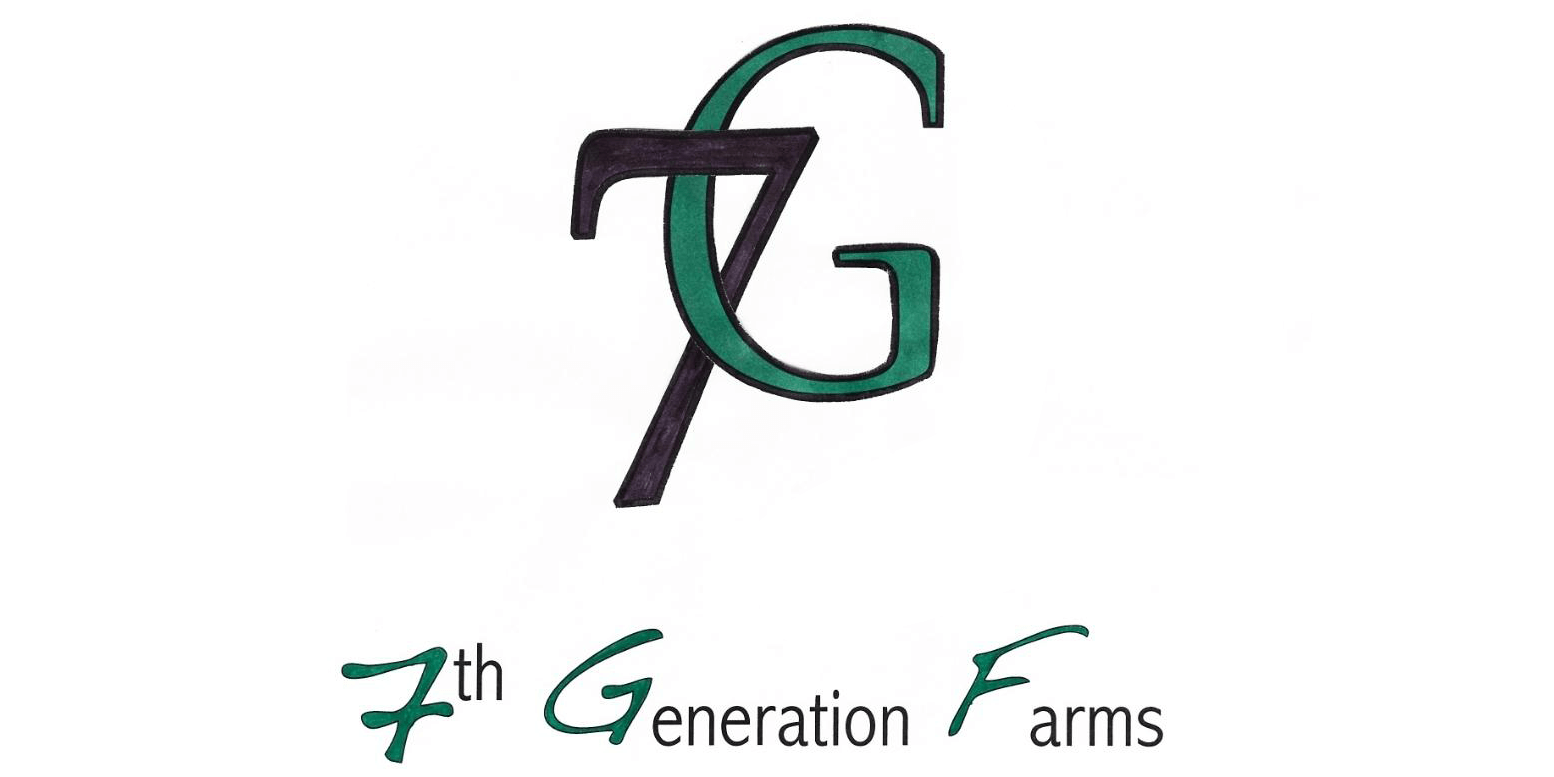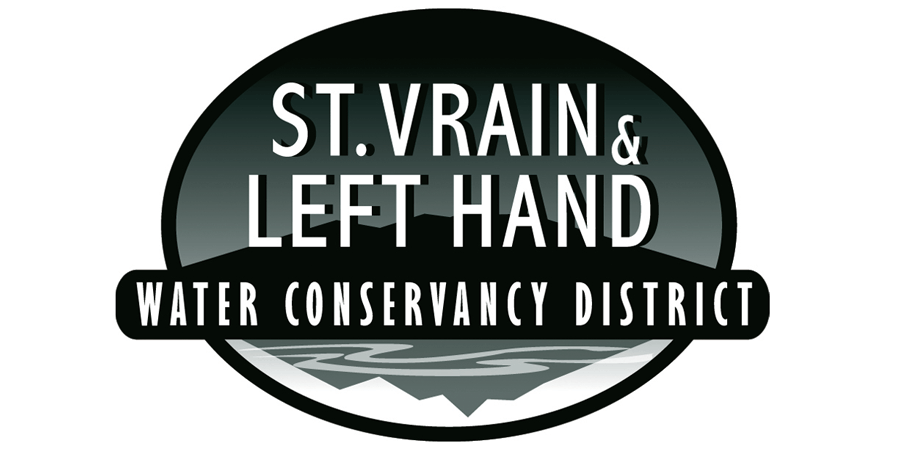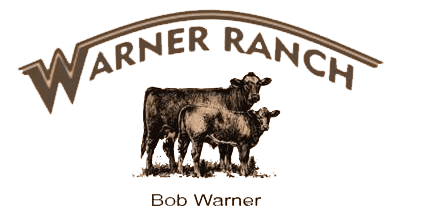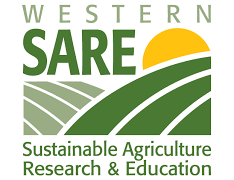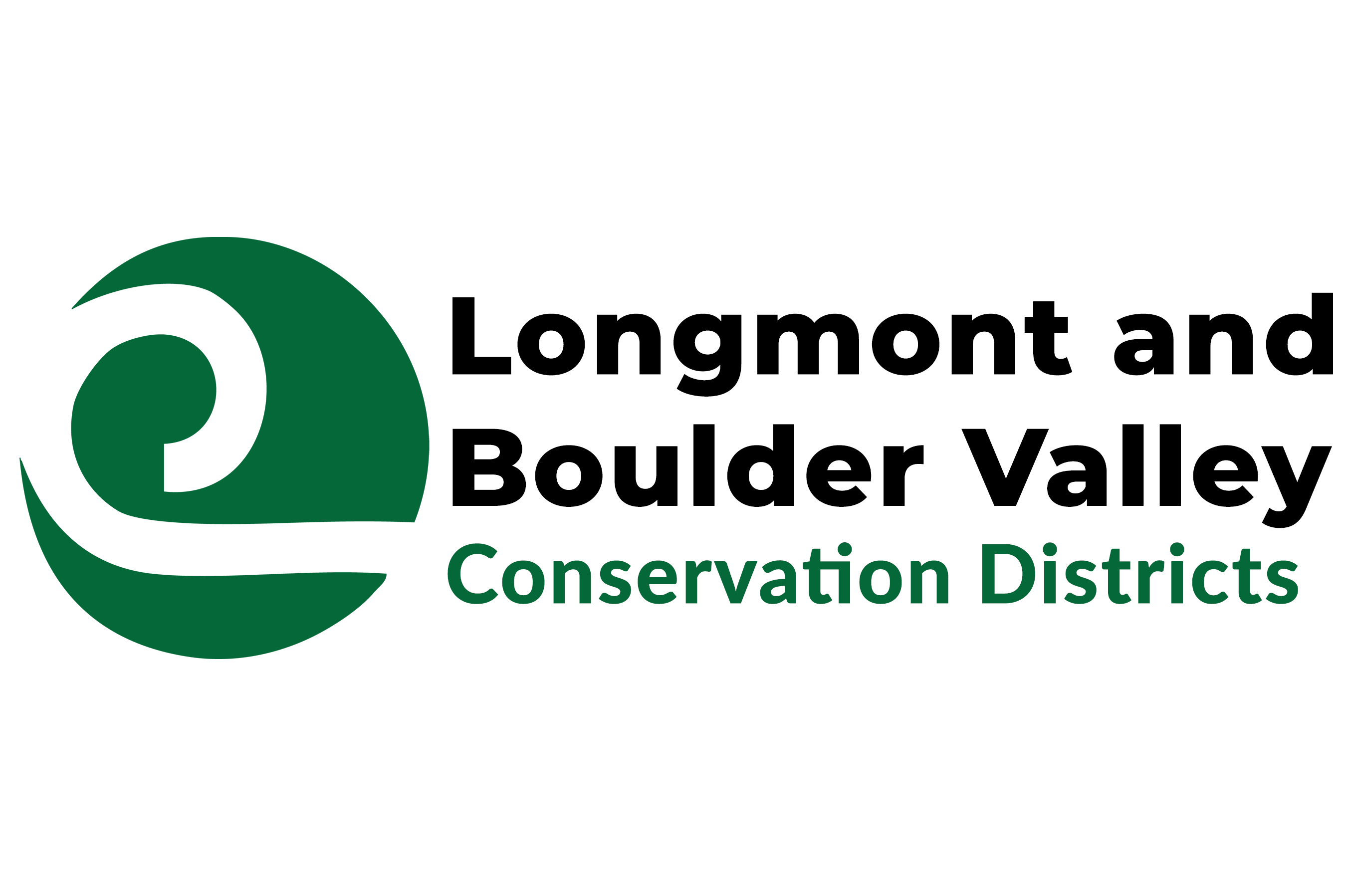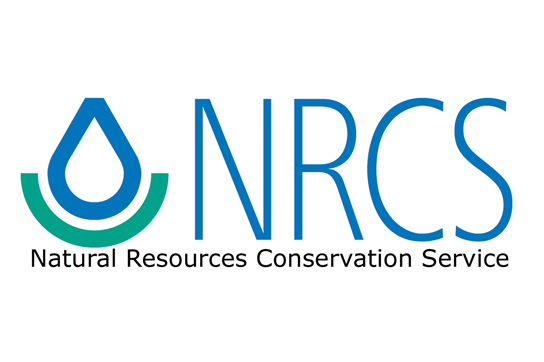Schedule
Registration
Welcome
Lauren Kolb
Land Acknowledgement and Blessing
Esther Perez and Lewis Tallbull
Opening Remarks
Rooted in Change: A Journey of Soil, People, and Possibility at Menoken Farm
Jay Fuhrer
Join us for an inside look at the evolution of Menoken Farm and the personal journey behind its transformation. Mr. Fuhrer will share how early lessons in soil health theory became hands-on practice that reshaped both the land and the learning process. Explore how trust, collaboration, and shared learning drive meaningful, lasting change—on the ground, in communities, and within ourselves as stewards of the land.
Exhibitor Introductions
Break
From Minerals to Microbes: Connecting Soil Health to Plant Nutrition
Dr. Mary Lucero
Healthy soils produce healthy plants—and it all starts with understanding the biological and mineral interactions beneath our feet. This session explores the connections between soil structure, microbial life, and plant nutrient density. Participants will learn how to determine when to conduct soil, plant, and microbial tests, how to interpret lab results, and how to use data to optimize fertility and plant performance.
Beyond the Label: Understanding Nutrient Density and the Science Behind It
Dr. Stephan van Vliet
Explore Dr. van Vliet’s groundbreaking research linking soil health, plant diversity, and livestock feeding strategies to the nutrient density and phytochemical richness of both plant foods and animal-sourced foods. Learn how his lab's nutrient-density testing is uncovering the “dark matter of nutrition”—revealing a broader spectrum of bioactive compounds than conventional panels capture—and when these tests truly matter. See how the results help farmers educate their customers, guide on-farm practices, elevate consumer awareness, and inform future food policy.
Beyond the Label: Understanding Nutrient Density Presentation Slides
Lunch and Sponsor Presentations
Growing for Chefs, Growing for the Future
Mark DeRespinis
At Esoterra Culinary Garden, farming is more than production—it’s a relationship with the living soil and the plants it nurtures. Nestled within 100 acres of Boulder’s open space, Esoterra’s 4 acres of permanent no-till beds and 3 acres of perennials form a thriving ecosystem where over 300 edible species flourish. This session explores how a deep commitment to soil health, biodiversity, and culinary creativity can transform both the land and the table. Discover how Esoterra’s partnerships with chefs and dedication to flavor-forward, nutrient-rich produce are helping reimagine Colorado’s food culture
Shared Ground: Building Soil Health Through Rancher-Farmer Collaboration
Jason Condon
For decades, livestock and the infrastructure that supported them disappeared from much of Boulder County’s cropland. In 2023, Jason Condon partnered with Boulder County Parks & Open Space to launch a joint grazing venture that reconnects ranchers and farmers on county open space. This collaborative model improves soil health, boosts carbon sequestration, and rebuilds relationships across the agricultural community—bringing more than 800 cow-calf pairs to graze over 1,500 acres of cropland in its first year.
Break
Principles in Practice: Adopting Soil Health to Place and Production
Jay Fuhrer
Soil health principles remain the same—but how we apply them depends on where we stand. In this session, we’ll explore how climate, soil type, and production systems shape the way these principles come to life on the ground. Through real-world examples participants will learn how to adapt soil health strategies to fit their own region and operation. Mr. Fuhrer will uncover how honoring local context leads to greater resilience, productivity, and sustainability across diverse landscapes.
Meet Your Soil Community: A Guide to DIY Microbe Testing
Dr. Mary Lucero
Get to know the living world beneath your crops! This session walks participants through simple, affordable ways to observe soil microbes and understand what their presence tells us about soil health. Learn how to identify beneficial organisms, when to test, and how to use what you see to support productive, balanced soils.
Speaker Roundtable
Our invited speakers will return to the stage in a panel moderated by City of Boulder Open Space and Mountain Parks Agricultural Program Manager Vanessa McCracken to address some of the overarching themes discussed during the conference, answer questions from the audience, and provide insight into the roles of individuals, communities, and government in moving towards a more resilient future.
Closeout
Speakers and Presenters Biographies
Location
Boulder JCC6007 Oreg Ave
Boulder, CO 80303
Parking lot is accessed from Arapahoe Ave/Hwy 7 and Cherryvale Rd.

